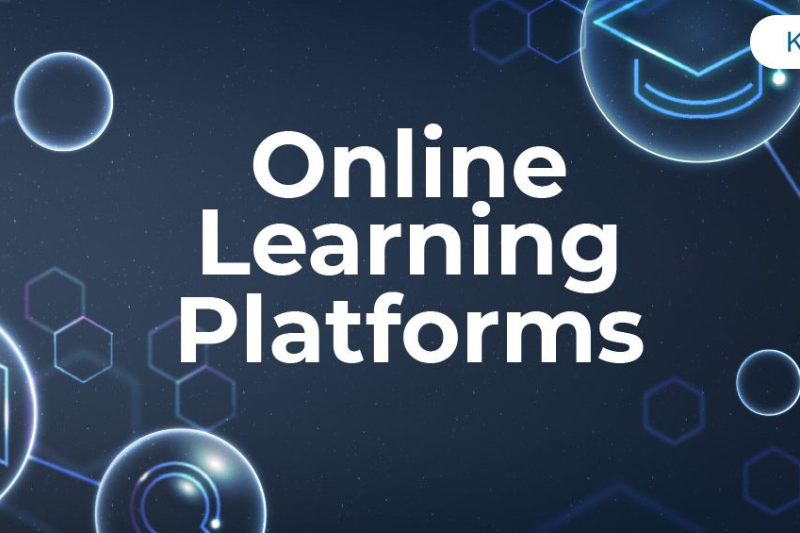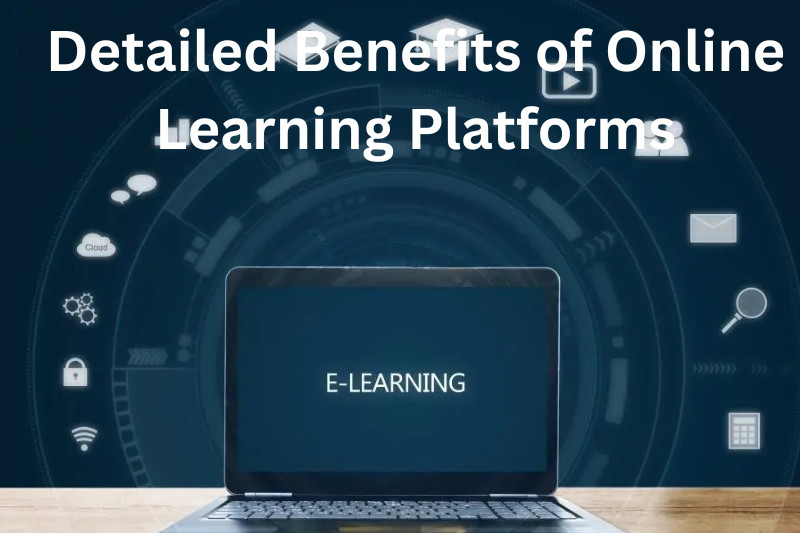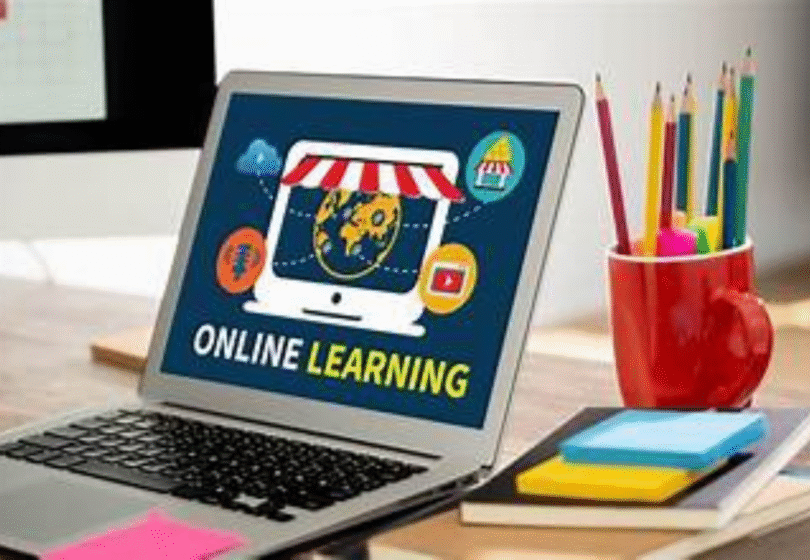Hey there! Let me ask you something — have you ever wanted to learn a new skill but didn’t know where to start? Or maybe you wanted to take an extra course, but going to a physical classroom just didn’t fit into your busy schedule? If that sounds familiar, you’re not alone.
This is where online learning platforms come to the rescue. These digital spaces have completely transformed how we gain knowledge, offering a flexible, affordable, and personalized learning experience — all from the comfort of your home. Whether you want to learn graphic designing, coding, cooking, marketing, or even advanced data science, there’s an online platform waiting for you.
Let’s dive deep into what online learning platforms are, why they are so popular, their benefits, drawbacks, and everything you need to know before starting your online learning journey.
What Are Online Learning Platforms?

Simply put, online learning platforms are websites or applications that provide educational content through the internet. They act as virtual classrooms where you can watch video lectures, attend live sessions, complete assignments, and even get certified — without ever stepping into a physical classroom.
Think of platforms like:
- Coursera – University-level courses.
- Udemy – Skill-based courses.
- edX – Academic and professional certifications.
- Skillshare – Creative learning.
- LinkedIn Learning – Career and business-oriented courses.
These platforms offer courses in a wide variety of subjects like:
- Technology (Coding, AI, Cloud Computing)
- Business & Marketing
- Arts & Design
- Health & Wellness
- Language Learning
- Personal Development
- And much more!
Why Are Online Learning Platforms So Popular?
The rise of online learning platforms isn’t just a trend—it’s a revolution. But why have they gained so much attention?
1. Flexibility that Fits Your Life
No need to adjust your daily routine. Whether you’re a student, a working professional, or a busy parent, online platforms allow you to learn at your own pace. You choose when and where to study.
2. Learn Anything You Want
Traditional education often limits you to what’s available at your local institute. Online platforms break that barrier. You can learn anything from cooking Italian dishes to mastering Python programming.
3. Global Access to Top Instructors
Imagine learning business strategy from a Harvard professor or photography from an award-winning artist. Online learning connects you with experts from around the globe.
4. Cost-Effective Education
While university courses cost thousands of dollars, most online courses are affordable. Some are even free! You pay only for what you want to learn.
5. Certification for Career Growth
Many courses provide certificates that are recognized by employers worldwide. Adding these to your resume or LinkedIn profile can significantly boost your job prospects.
You may also like to read these posts:
Educational Technology Trends: The Complete Guide to The Future of Learning
Best EdTech Tools 2025 – Your Ultimate Guide to Smarter Learning!
Technology in Classrooms: A Complete Guide to Modern Learning
AI in Education: Revolutionizing the Way We Learn (Complete Guide)
Detailed Benefits of Online Learning Platforms

Let’s break down the key advantages of using online learning platforms in a more detailed way:
✅ 1. Learn at Your Own Pace
No pressure! If you want to binge-learn a whole course in a weekend, go ahead. If you want to spread it out over months, that’s fine too.
✅ 2. Access to a Wide Range of Courses
Unlike traditional schools, online platforms offer thousands of courses in diverse fields. You can switch between topics until you find your passion.
✅ 3. Affordability
Most platforms offer courses at very reasonable prices. Subscription-based models like Skillshare and LinkedIn Learning give you unlimited access to all courses at a low monthly fee.
✅ 4. Updated & Relevant Content
Courses on online learning platforms are updated regularly, so you learn the latest trends and tools used in industries today.
✅ 5. Interactive Learning Experience
It’s not just about watching videos. You get quizzes, projects, peer reviews, and even community discussion boards to enhance learning.
✅ 6. Global Learning Community
You can connect with fellow learners from different parts of the world, exchange ideas, collaborate on projects, and build a global network.
✅ 7. Recognition & Certifications
Professional certificates from platforms like Coursera, edX, or LinkedIn Learning are highly valued by employers. They demonstrate that you’re proactive about learning.
Drawbacks of Online Learning Platforms (You Should Know These)
While online learning platforms are a game-changer, they’re not without challenges. Here’s a candid look at some of the drawbacks:
❌ 1. Lack of Personal Interaction
If you’re someone who enjoys face-to-face discussions with teachers and classmates, online platforms might feel isolating. Interaction is often limited to virtual forums or live sessions.
❌ 2. Requires High Self-Motivation
Online learning demands discipline. Without set class schedules or instructors reminding you, procrastination becomes a real enemy.
❌ 3. Overwhelming Number of Choices
With so many courses available, choosing the right one can be confusing, especially for beginners.
❌ 4. Quality Can Vary
Not every course is made equal. While many are created by experts, some might lack depth or engagement.
❌ 5. Technical Limitations
A slow internet connection or lack of a good device can hinder your learning experience. Technical glitches during live classes can be frustrating.
How to Choose the Right Online Learning Platform?
If you’re thinking, “This sounds great, but how do I pick the right platform for me?”, here are a few tips:
- Identify Your Learning Goal — Are you learning for a hobby, career development, or academic credit?
- Check Course Reviews & Ratings — Feedback from previous learners is valuable.
- Look for Free Trials or Free Courses — Test the platform before committing to a paid course.
- Evaluate Course Structure — Does it offer projects, quizzes, certificates?
- Consider the Cost — Compare platform subscription models vs. pay-per-course models.
- Verify Instructor Credentials — Ensure you’re learning from a qualified expert.
Conclusion
The world of online learning platforms is massive and full of opportunities. They offer flexibility, affordability, and access to top-notch education from global experts. However, success in online learning depends on your self-discipline, course selection, and consistency.
So, whether you’re aiming for a career switch, upgrading your skills, or just learning for fun — now is the perfect time to explore what online learning platforms have to offer. The classroom is no longer limited to four walls; it’s wherever you are.








